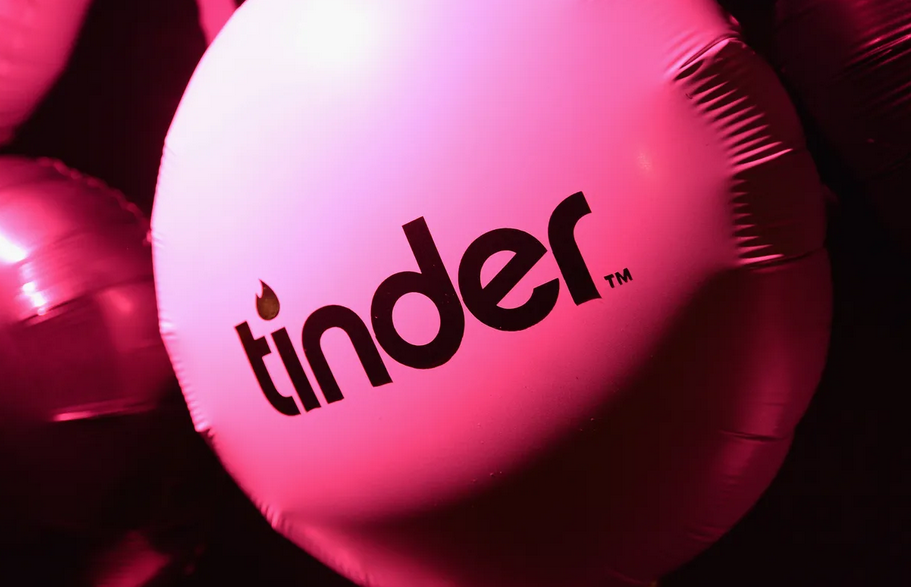Last Updated on November 24, 2022 by Rachel Hall
Sometimes, dating apps do weird things to try and attract new users. Remember finding matches by reviewing memes, or additions on your profile where you could talk about your favourite Friends episode for two minutes? Sure, new apps need a way to stand out, but let’s be honest, most of their initiatives are awful. That’s not the case with Tinder’s latest idea. The dating app goliath partnered with mental health site Intellect to help users improve their mental health.
The Pandemic And mental Health
A lot of people struggled with their mental well-being during the pandemic. We were lonely, we were worried, and we had to think about what would happen if we died. It’s going to take some time to sort through all of those feelings, and it’s not surprising that some people needed extra help to do so. Certainly, I know I cannot use Youtube or listen to a podcast without being bombarded with messages about BetterHelp or guided meditation apps. In South-East Asia, there’s Intellect.
If you, like me, aren’t from South-East Asia, you might not be familiar with the site. According to their website, Intellect is “the most comprehensive mental health platform for Asia” and works with employers to improve employees’ well-being. They reported that 93% of the site’s users found that their anxiety decreased within a month of using the app and 81% were able to emotionally regulate better.
Each step of working on an issue – like anxiety, depression or body dysmorphia – is broken into a five-minute clip, which you do once a day. This won’t be enough for some people, and it’s still worth speaking to a doctor, but it’s certainly better than nothing, as the results indicate.
Destigmatising Mental Health Problems
This is, inarguably, amazing. I’m proud of the people who have been able to improve their lives, I’m glad that employers are taking the time to actually care for their employees and I’m celebrating the fact that people are being brave and articulating their mental health struggles instead of bottling things up.
But what does this have to do with online dating? Well, it turns out that gen z is talking about mental illness on their profiles. According to Global Dating Insights, there was a 320% increase in the mentions of “mental health” on profiles in the Philippines after the pandemic. Are we post-pandemic? That’s a different thing.
The Rollout
Tinder listened to the users and analysed some data, and decided to partner with Intellect. For a few weeks (ending on the 15th of November, unfortunately) South-East Asian users of Tinder could get a six-month pass to use Intellect. Because the trial ended so recently, we don’t have data to show what the eventual outcome was, but a review in six months’ time will certainly be interesting reading.
Lots of mentally ill people date, and this can cause strain on relationships. So moving forward, if we can provide mentally ill people with help, support, medication, therapy and destigmatisation, perhaps their relationships will improve. Obviously, this shouldn’t be the first reason someone should seek help, but really, whatever works.
Expanding The Experiment
The thing I’d like to see now is Tinder rolling out these options worldwide. Mental illness doesn’t discriminate and can affect people all over the globe, so let’s find the equivalent of Intellect in Europe, Africa, North and South America, and the rest of Asia and grant people access if they use Tinder. The rise in those tech companies’ profiles will help other non-users to find them and access the services they provide. I don’t imagine this will happen overnight, and I know it will take a lot of work, but I also know the payoff will be huge.
Tinder will gain a lot of good press and new users, which is great for them, and mentally ill people will be able to get the help they need. Perhaps Bumble, Hinge or PlentyOfFish will follow suit. There’s a discussion to be had about why mentally ill people need to use dating sites to get help, but that’s a conversation that’s localised, huge, and for another time.
Conclusion
The most important relationship in anyone’s life is the one they have with themself. Self-love is crucial. Tinder has taken a step to find a way to improve its users’ mental health, and I’d love to see them take it further. Hopefully, in time, we can all work through our issues and watch as our love lives, friendships and work all improve as a result.
Rachel Hall, M.A., completed her education in English at the University of Pennsylvania and received her master’s degree in family therapy from Northern Washington University. She has been actively involved in the treatment of anxiety disorders, depression, OCD, and coping with life changes and traumatic events for both families and individual clients for over a decade. Her areas of expertise include narrative therapy, cognitive behavioral therapy, and therapy for traumatic cases. In addition, Rachel conducts workshops focusing on the psychology of positive thinking and coping skills for both parents and teens. She has also authored numerous articles on the topics of mental health, stress, family dynamics and parenting.

